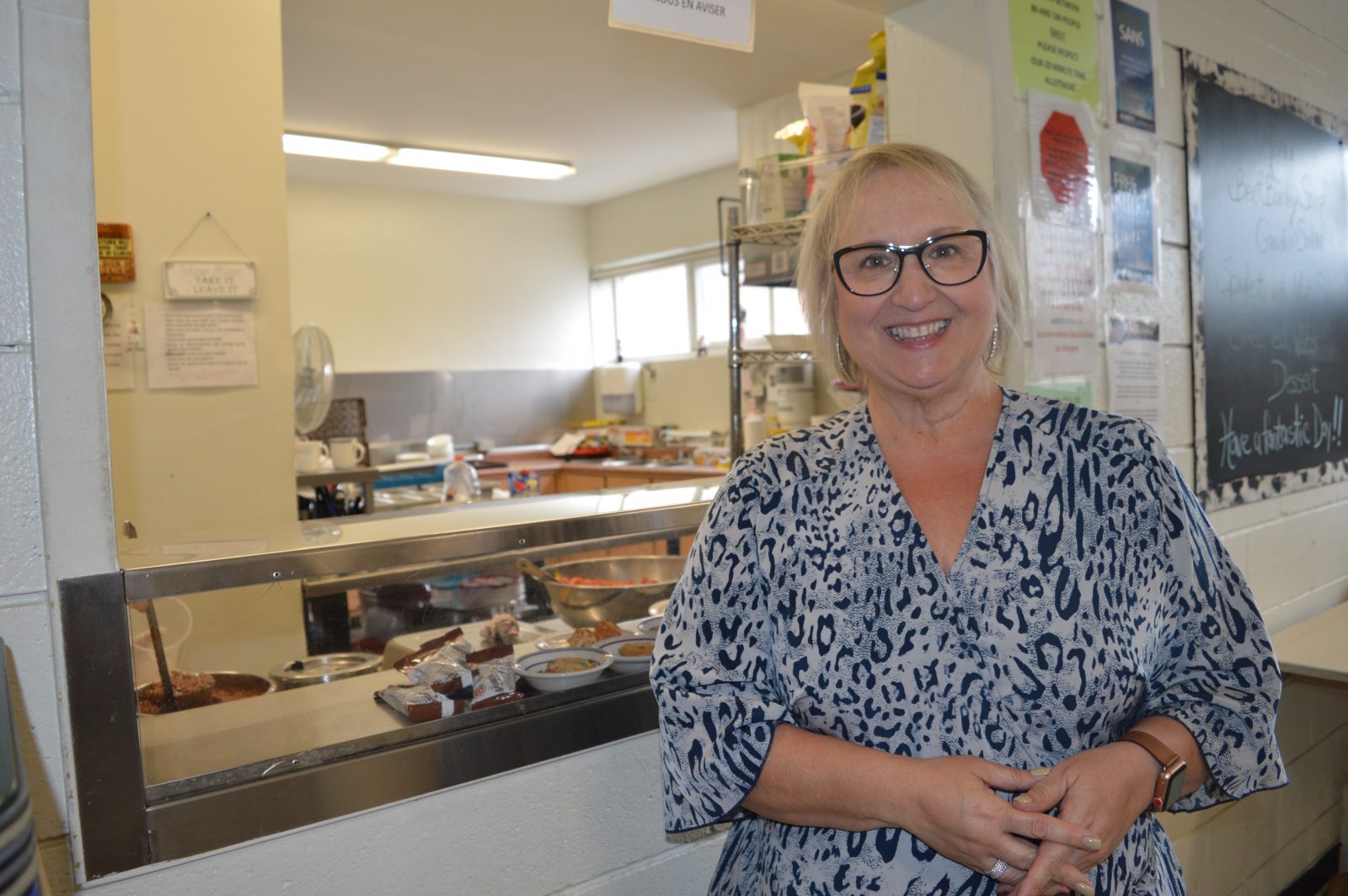CORNWALL, Ontario – On July 1, The Eastern Ontario Health Unit (EOHU) implemented changes to the Health Protection and Promotion Act.
The Act, which dictates food handling regulations, now requires the presence of certified food handlers in all kitchens considered food premises.
Additionally, home-based premises are no longer permitted under provincial regulations. Business owners who make their products in a personal dwelling are now required to operate from a separate facility which meets new guidelines. Business owners are also unable to use community kitchens for production purposes due to concerns from the EOHU regarding purchasing, transportation and storage of products.
These changes will officially be enforced as of Jan. 1, 2019 and may result in fines if not followed.
Setting up and operating community kitchens may be made more challenging with new changes to the Act.
Up to 150 community members rely on the Agapè Centre Soup Kitchen for their daily meal.
According Johanne Couture, Executive Director and Operations Manager of the Agapè Centre, different community groups make and serve food in the soup kitchen every Saturday to accommodate for the kitchen being closed on the weekend. Due to concerns over the new regulations and added steps to the food handling process, a group from St. Peter’s Perish has decided to discontinue hosting meal services every first Saturday of the month at the Agapè Centre.
“I found it hard to be on my feet from 9 am to 2:30 pm,” said Lise Proulx, an organizer from the St. Peter’s group.
Proulx, who is 70-years-old, said there is not enough time to adequately prepare food for over 100 people on site. The group, who has been hosting the Saturday kitchen for the last eight years, was under the impression they could not prepare food from their home.
According to section 2 (c) of the updated Act, religious and fraternal organizations are exempt from requiring food handling certification and do not have to prepare food on site.
“Religious organizations (and service club type) are exempt from certain provisions of the regulations including the food handling certification requirement. Members of exempt organizations can prepare food in their own homes; however, the following must be done: ‘Food must be prepared by members of the religious organization, they must post a sign clearly stating that food came from an uninspected source, and to maintain a list of food items including who prepared it, where it was prepared and what it consists of,’” specified Dr. Paul Roumeliotis, Medical Officer of Health and Chief Executive Officer at EOHU.
Couture, who was not made aware of these exemptions, will soon forward letters to different churches and social groups in effort of finding individuals who are willing to host the soup kitchen on weekends.
For more information and to get involved, email jcouture@agapecentre.ca.
To view the comprehensive Act, visit https://www.ontario.ca/laws/regulation/900562#BK13.
To find out more about food certification opportunities, visit www.traincan.com.



